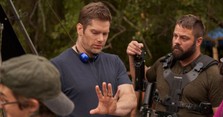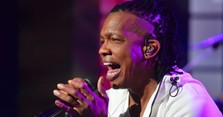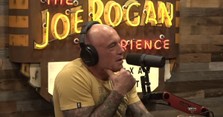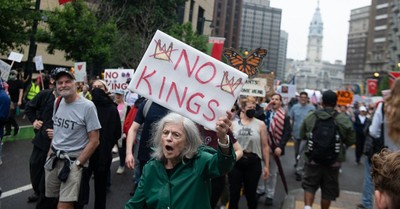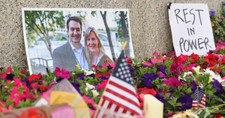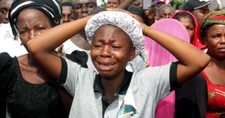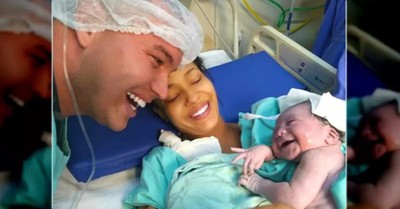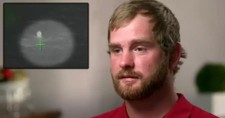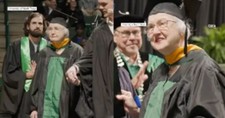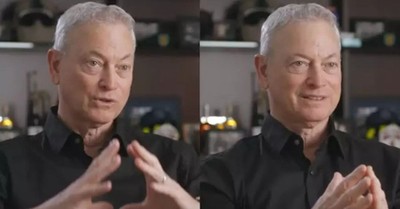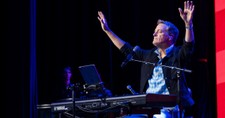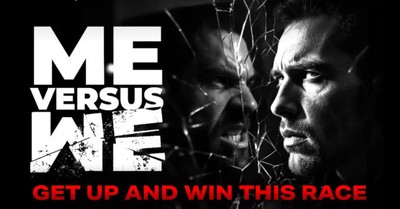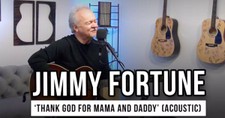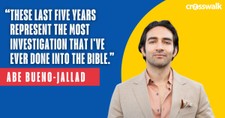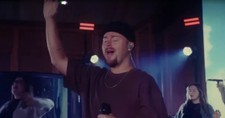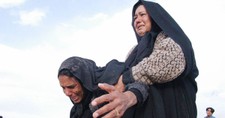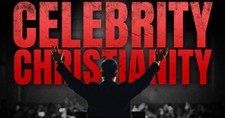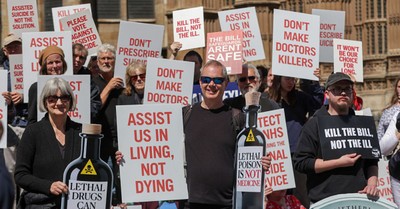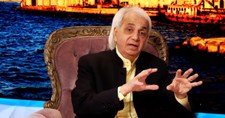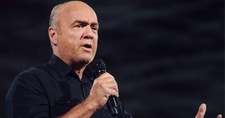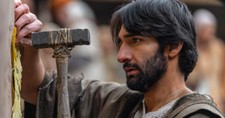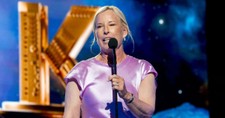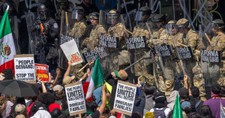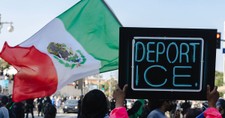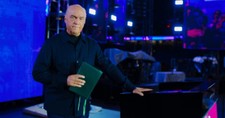
Trending Articles
Recent News
Messiah University Baseball Team Found Purpose Beyond the Scoreboard Dallas Jenkins Teams with Amazon for New Biblical Drama ‘Joseph of Egypt’ Michael Tait Faces New Serious Allegations as Investigation Continues Supreme Court’s Historic Ruling Upholds Ban on Transgender Treatments for Children Joe Rogan Confirms Regular Church Attendance, Says “It’s Been Very Nice” Angel’s ‘Testament’ Reimagines the Book of Acts in a Modern World Son Says Jimmy Swaggart in Critical Condition and Needing a Miracle Radical Militants Attack Nigerian Christians, Leaving 200 Dead 'No Kings' Protests Spark Violence in Major Cities
Trending Articles
Recent News
Messiah University Baseball Team Found Purpose Beyond the Scoreboard Dallas Jenkins Teams with Amazon for New Biblical Drama ‘Joseph of Egypt’ Michael Tait Faces New Serious Allegations as Investigation Continues Supreme Court’s Historic Ruling Upholds Ban on Transgender Treatments for Children Joe Rogan Confirms Regular Church Attendance, Says “It’s Been Very Nice” Angel’s ‘Testament’ Reimagines the Book of Acts in a Modern World Son Says Jimmy Swaggart in Critical Condition and Needing a Miracle Radical Militants Attack Nigerian Christians, Leaving 200 Dead
Positive Stories
Celebrity
Video
Opinion
Church
Entertainment
Sports
Movies
Politics
Israel
Christian News Headlines - Breaking and Trending Religion News
Crosswalk Headlines - Christian news brought to you by a group of Christian writers and editors who are dedicated to creating a well-rounded look at what’s happening across the globe from a Christian worldview. Our vision is to inform and inspire productive discussion about the current events and online trends that shape our lives, our churches and our world.Crosswalk Headlines includes blog posts about current events and Christian media, breaking news, feature articles, and guest commentaries, many written by respected Christian thinkers.

